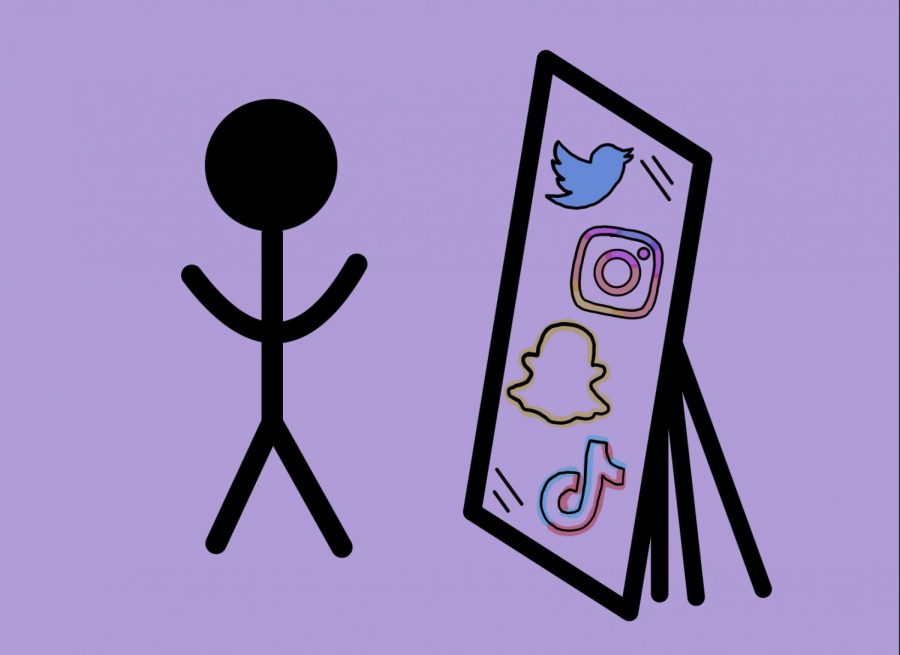Social Media Blinds us from the Truth
How much should we trust social media and what it feeds us?
What information on social media is true, and what information on social media is all a lie?
Social media is a way to connect with people all around the world; whether you have met the person face-to-face or not. It is also a place where you can follow different celebrities and see what is happening in their busy lives. There are multiple ways to do this through social media: pictures, live streams, charity work, separate chat rooms where you can talk with the celebrity in question, and many more.
While it is fun to see what celebrities do on a day-to-day- basis, it is also incredibly important to keep one thing in mind. Everything seen on either social media or through the paparazzi is not always completely trustworthy, or worth relying on.
A prime example of this is the situation concerning Britney Spears and her suffering she went through under her father.
In 2007, Britney Spears had a very public mental breakdown, and her father, Jamie Spears, put her under a temporary conservatorship, which is a guardianship that the court allows for those who have a mental illness. This meant that he had full control of Britney’s professional and personal life.
“…the conservatorship restricted aspects of her life, ranging from who she dated to the colour of her kitchen cabinets,” wrote BBC News.
To people outside of Britney’s fan base, everything seemed to be alright with her. Throughout the conservatorship, all of her posts on social media showed her as being a happy, bubbly person. She released lots more iconic albums and went on numerous tours to promote her music. Because of all of this, people trusted that she was doing ok under the conservatorship.
Another example of social media not being trustworthy is the situation regarding Lori Laughlin and her daughter Olivia Jade Giannulli.
In August of 2018, Olivia Jade posted a video on her YouTube channel of her getting her dorm set up at the University of Southern California. She expressed that she was not excited about going to college, but other than that, nothing seemed out of the ordinary, and people believed that she was accepted by USC.
However, in March of 2019, it was revealed that Olivia Jade’s parents, among 33 other parents, had been caught sending bribes and racketeering in order to get their children into college. The person that was behind all of this was a man by the name of William “Rick” Singer, a college admissions consultant.
Specifically, the parents paid Singer to either help their children cheat on their ACT or SAT exams, assist them in sending fake athletic applications, or both.
“The parents had to send $200,000 to Singer through the Key Worldwide Foundation, a non-profit he controlled, for each daughter, plus $50,000 per kid to USC senior associate athletic director Donna Heinel,” explained Tyler Kingkade, a writer at Town & Country Magazine.
Lori Loughlin was sentenced to 100 hours of community service and paid a $150,000 fine. Loughlin’s husband, Mossimo Giannulli, was sentenced to 250 hours of community service and paid a $250,000 fine.
The news about the bribery shocked the world. People could not believe that the Full House star had been caught in such a scandal. The whole situation brought hate towards her and her family, and they could not be considered trustworthy people by others.
Olivia Jade, through social media, was able to make it seem as though she had gotten into USC because of her athletic abilities. However, this was far from the truth, and her family faced the consequences for their actions.
Social media, while being a way to connect with those around us, can also be very deceiving. Individuals need to be careful with the news that is seen on social media and what is trustworthy or not.




